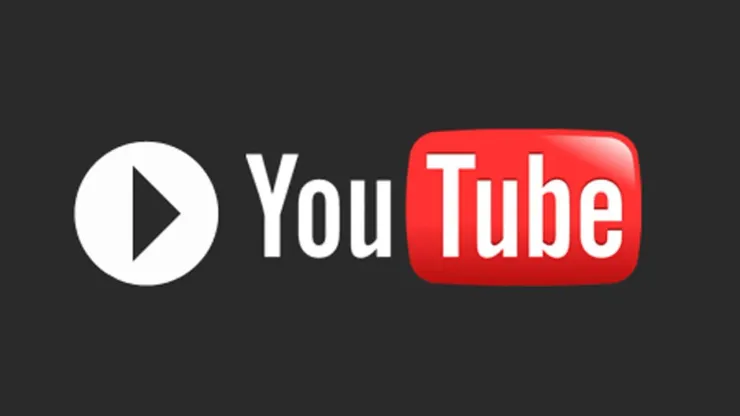The lawsuit goes on to say that the “Defendants, which own and operate the Web site YouTube.com, have knowingly misappropriated and exploited this valuable property for their own gain without payment or license to the owners of the intellectual property.”
Of course, this is all about money. The Premier League feels it needs to protect its rights and keep its current rights holders content. Having highlights of Premiership football matches on YouTube is illegal, and the Premier League wants to do everything it can to control the content so it can make huge amounts of additional revenue in the future.
However, there are two schools of thought regarding videos on YouTube. Do you protect your rights and sue as Viacom also did? Or do you promote the distribution of the content on YouTube thinking that it does more good than harm?
The decision taken by the Premier League today is shortsighted and reflective of how clueless they are about the Internet. If YouTube decides to stop showing video highlights of Premiership matches, there are tens if not hundreds of other sites that the Premier League will need to sue also. The whole viral nature of the Internet is practically impossible to govern, so instead of sueing companies, the Premier League should be embracing it. Sure, lose money in the short-term on the video highlights. But in the long term the FA Premier League could gain more revenue and a greater worldwide appeal by allowing new fans to watch the videos thereby attracing new legions of fans (and revenue).
In contrast, instead of suing YouTube, many leagues such as the National Hockey League, National Basketball Association and teams such as the Premier League’s own Chelsea, have embraced YouTube and created their own channels on the web site.
On the pitch, the Premier League is ahead of the other leagues, but off the pitch and in the world of the Internet, the league is clueless.
The lawsuit is part of a class action suit filed by the Premier League and an indie music label. Their press release can be read here, and the entire class action suit document can be found here.
200+ Channels With Sports & News
- Starting price: $33/mo. for fubo Latino Package
- Watch Premier League, Women’s World Cup, Euro 2024 & Gold Cup
The New Home of MLS
- Price: $14.99/mo. for MLS Season Pass
- Watch every MLS game including playoffs & Leagues Cup
Many Sports & ESPN Originals
- Price: $10.99/mo. (or get ESPN+, Hulu & Disney+ for $14.99/mo.)
- Features Bundesliga, LaLiga, Championship, & FA Cup
2,000+ soccer games per year
- Price: $5.99/mo
- Features Champions League, Serie A, Europa League & Brasileirāo
175 Premier League Games & PL TV
- Starting price: $5.99/mo. for Peacock Premium
- Watch 175 exclusive EPL games per season






